4health with Wholesome Grains Large Breed Puppy Chicken Formula Dry Dog Food
Help your puppy grow and thrive with the 4health with Wholesome Grains Large Breed Puppy Chicken Formula Dry Dog Food. The recipe contains DHA, which is an important omega-3 fatty acid that helps with brain and eye development. This dog food is also made with real chicken for quality protein as well as wholesome grains for fiber and digestion. Other essential nutrients, like taurine and probiotics, are added, too, for an overall healthy diet. Introduce your puppy to a healthy, tasty diet with 4health puppy food for large dog breeds today. Made in USA.
Help your puppy grow and thrive with the 4health with Wholesome Grains Large Breed Puppy Chicken Formula Dry Dog Food. The recipe contains DHA, which is an important omega-3 fatty acid that helps with brain and eye development. This dog food is also made with real chicken for quality protein as well as wholesome grains for fiber and digestion. Other essential nutrients, like taurine and probiotics, are added, too, for an overall healthy diet. Introduce your puppy to a healthy, tasty diet with 4health puppy food for large dog breeds today. Made in USA.
- Meets the nutritional needs of large or giant breed puppies
- Made with real chicken and wholesome grains for optimal nutrition
- Formulated with select ingredients and underwent rigorous quality control processes
- Fortified with taurine to support heart health and eye health
- DHA from salmon oil helps with the development of your puppy’s brain and eyes
- Blend of omega-6 and omega-3 fatty acids helps keep the skin and coat healthy and shiny
- Probiotics help maintain the proper balance in your dog’s digestive system; each cup of dry dog food provides live, active cultures that help support healthy digestion
- Contains guaranteed levels of zinc, selenium and vitamin E for immune-supporting antioxidant nutrition
- Savory chicken flavor attracts most dogs
- Made in USA
- Dog food comes in several different size bags to choose from
- Formulated to meet the nutritional levels established by the AAFCO Dog Food Nutrient Profiles for all life stages, including growth of large size dogs (70 lb. or more as an adult)
Additional information
| Country of Origin | Made in USA |
|---|---|
| Breed Size | Large |
| Flavor | Chicken |
| Health Features | Heart Health, Brain Health, Immune System Support, Digestion Support, Skin & Coat Health |
| Life Stage | Puppy |
| Primary Flavor | Chicken |
| Special Diets | With Grain, Probiotics, Includes DHA, Omega Fatty Acids |
| Manufacturer Part Number | 9907 |

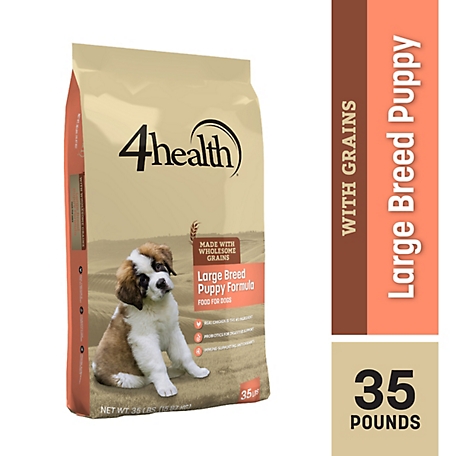
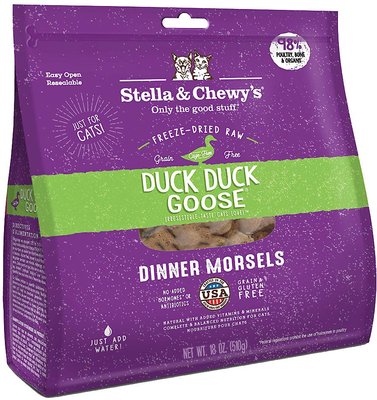
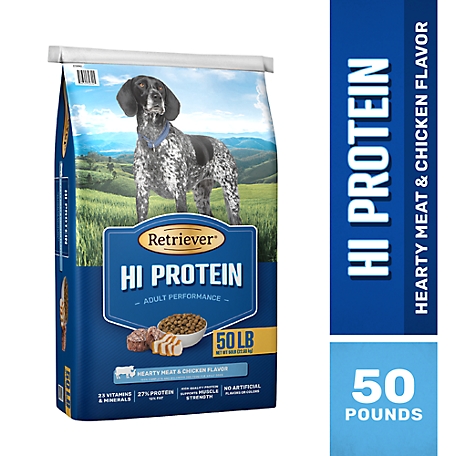


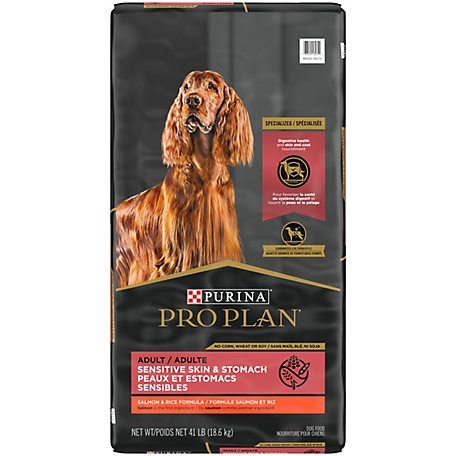
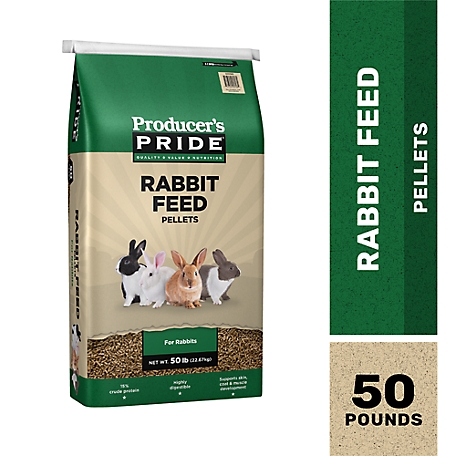

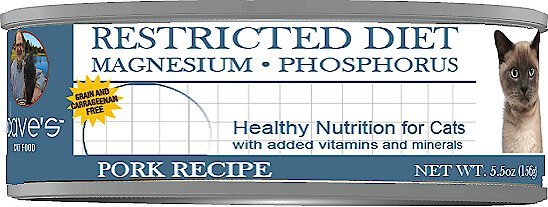
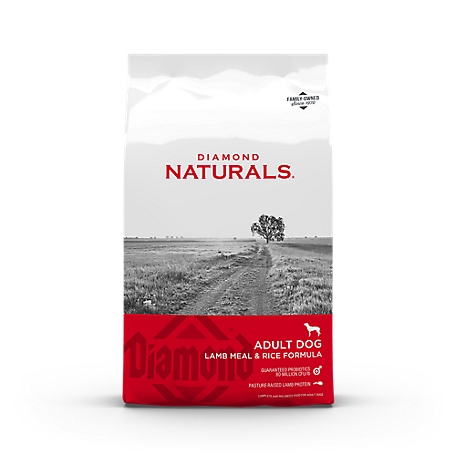
by Mason
Love this for growing mastiff puppies. Calcium Phosphorus ratio is correct for giants. Quality ingredients.
by Jacob
Love this for growing mastiff puppies. Calcium Phosphorus ratio is correct for giants. Quality ingredients.
by Bob
Very good for our dogs. They love it and stay healthy.
by Hovey
Puppies are growing big and lick the bowl.
by Angie
My cane corso puppy has loved this food and has had no issues with transitioning to it